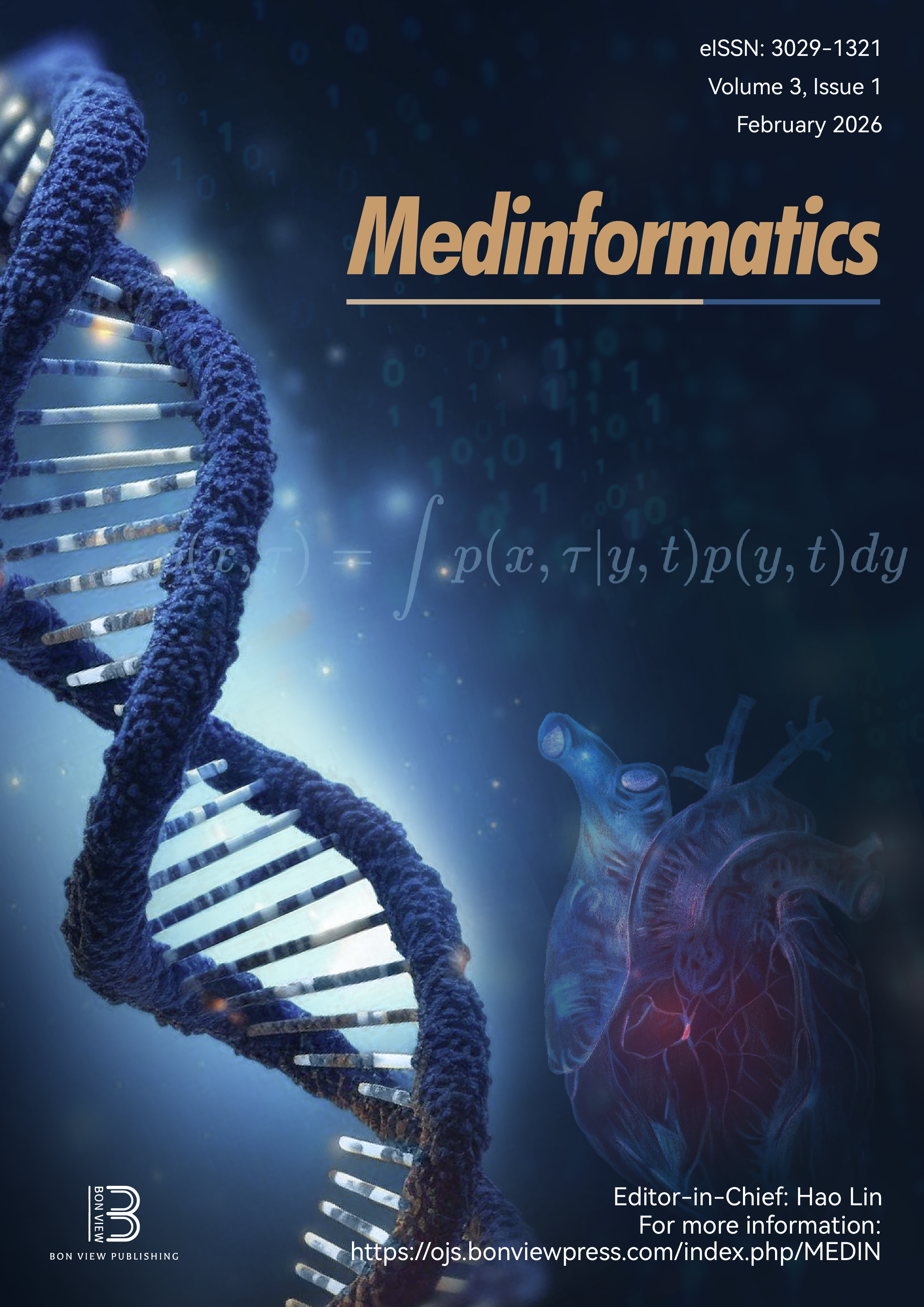Identification and Functional Characterization of Maturation-Dependent Changes in Dendritic Cell Exosome-Shuttle Targetome
DOI:
https://doi.org/10.47852/bonviewMEDIN52024310Keywords:
dendritic cell, maturation, exosome, shuttle, miRNA, targetAbstract
Among the different types of antigen-presenting cells, dendritic cells (DCs) are the most professional, exhibiting a hallmark transition from an immature to a mature state. DCs release high levels of miRNA-containing exosomes that orchestrate the tolerogenic or immunogenic functions of these cells. This study identifies the exosome-shuttle miRNAs, which are expressed differentially between the mature and immature states of DCs, and ascribes functional enrichments to the molecular targets of these miRNAs. A GEO data series comparing the expression of miRNA between exosomes derived from mature and immature states of DC was analyzed, and all the miRNAs that are dysregulated significantly between the mature and immature states of DC were identified. Interactions and targets of the up-regulated and down-regulated miRNAs were annotated separately, and the functional enrichments and interaction networks of the targets were mapped and visualized. Nineteen miRNAs were found down-regulated in the exosomes of mature DCs, and twenty-four miRNAs were found up-regulated over exosomes of immature DCs with 1186 and 1949 targets involved in thirty-two and 131 pathways, respectively. Further, the functional enrichment of the targets revealed miRNA-targeted changes in expression of biomolecules involved in cytoskeletal remodeling and energy metabolism as key maturation-dependent processes. The results present prominent miRNA signatures for identifying the state of maturation of DC and uncover miRNA targets, which may prove useful as therapeutic options in the treatment of immune dysfunctions.
Received: 10 September 2024 | Revised: 3 June 2025 | Accepted: 30 June 2025
Conflicts of Interest
The author declares that he has no conflicts of interest to this work.
Data Availability Statement
The data that support the findings of this study are openly available in data series GSE33179 of Gene Expression Omnibus, comprising datasets GSM821401, GSM821402, GSM821403, GSM821410, GSM821405, GSM821406, GSM821407, and GSM821411, at https://www.ncbi.nlm.nih.gov/geo/query/acc.cgi?acc=GSE33179.
Author Contribution Statement
Bhaskar Ganguly: Conceptualization, Methodology, Validation, Formal analysis, Investigation, Writing – original draft, Writing – review & editing, Visualization.
Downloads
Additional Files
Published
Issue
Section
License
Copyright (c) 2025 Author

This work is licensed under a Creative Commons Attribution 4.0 International License.


